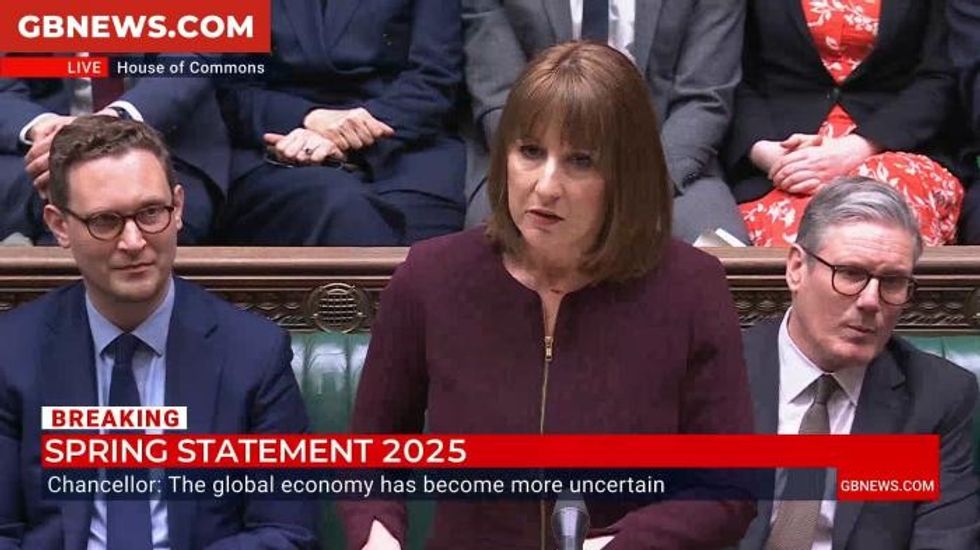Savings disaster as high street banks lose £100bn from accounts to digital rivals

Britons are opting for digital challenger banks instead for their savings accounts instead of traditional financial institutions
Don't Miss
Most Read
Latest
High street banks across Britain have experienced a dramatic exodus of customer deposits from savings accounts, with £100billion flowing to digital challengers and building societies during the past five years.
A comprehensive analysis by KPMG reveals that established banking groups witnessed their deposit market dominance erode significantly between 2019 and 2024, declining from 84 per cent to 80 per cent.
Online-only banks, specialist financial providers and traditional building societies have successfully attracted savers seeking better returns on their deposits.
Britain's banking industry has recorded its first substantial earnings decline since recovering from pandemic disruptions, with collective pre-tax profits falling by £3.7billion.

Savers are withdrawing money from high street banks and using digital rivals instead
|GETTY
The downturn signals an end to the profitable period that followed Covid-19, according to KPMG's State of the Banks report.
Peter Westlake, a partner in KPMG UK's banking strategy team, said: "The post-Covid profit boom is over."
Financial performance indicators suggest further deterioration ahead, with projections indicating that return on equity could tumble from 13 per cent in 2023 to just eight per cent by 2027.
This anticipated decline would translate to an £11billion reduction in yearly profits across the sector.
Do you have a money story you’d like to share? Get in touch by emailing money@gbnews.uk.

Rachel Reeves has unveiled significant fiscal reforms
| GB NewsOperating expenses across the banking sector surged by six per cent during 2024, while employee productivity simultaneously declined, creating a dual threat to profitability.
"Banks are facing a lower-growth, higher-cost environment that demands transformation at pace," Westlake stated.
KPMG's analysis emphasises that financial institutions must fundamentally restructure their operations and integrate artificial intelligence technologies to remain competitive.
The consultancy firm warns that superficial cost reductions will prove insufficient.
"The winners will be those that move beyond tactical cost-cutting and proactively address oncoming market headwinds through business model transformation," Westlake added.
Chancellor Rachel Reeves unveiled proposals to overhaul ring-fencing regulations last month. These rules currently mandate separation between retail and investment banking operations.
LATEST DEVELOPMENTS:

Savers have lost money to interest rate cuts and inflation in recent years
| GETTYPeter Rothwell, the head of banking at KPMG UK, said: "Evolving regulation, particularly the reform of ring-fencing, is set to reshape the competitive landscape."
The proposed changes could particularly advantage newer market participants, especially American financial institutions with substantial capital reserves.
"Raising thresholds could favour recent entrants, particularly well-capitalised US players, accelerating their push into the UK retail market and intensifying competition," Rothwell explained.
Such developments would further challenge established banks already grappling with deposit losses and declining profitability.
More From GB News










